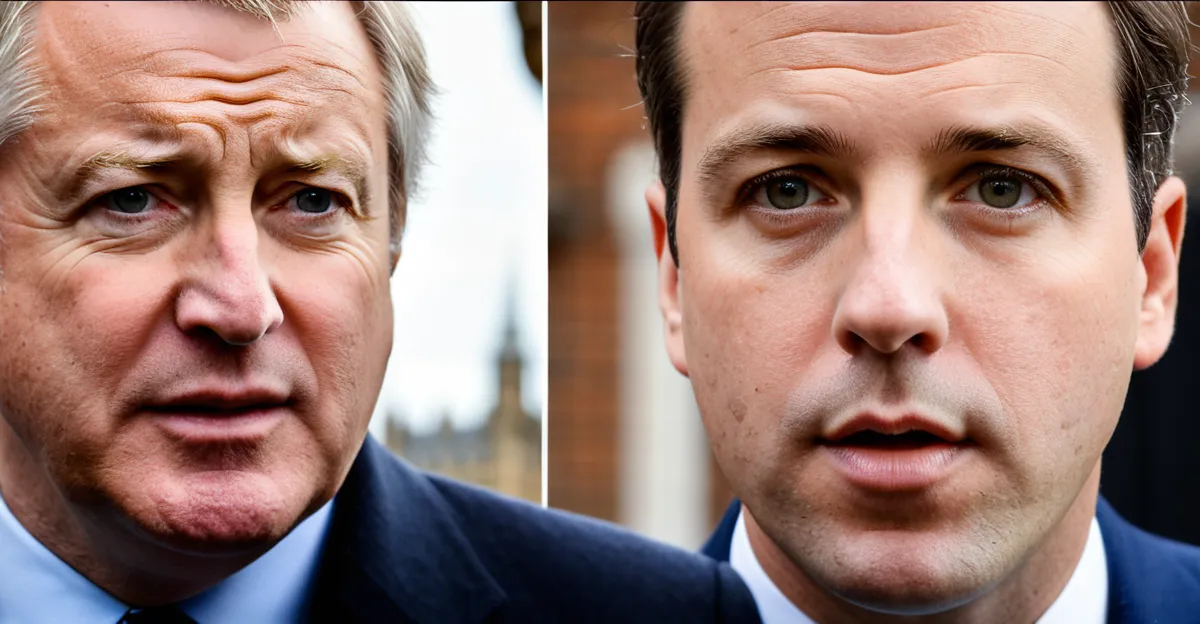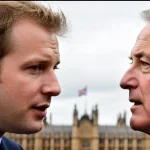Overview of Major Political Developments in the UK This Year
This year has seen significant shifts in UK politics trends, marked by several latest political changes and policy updates that are reshaping the political landscape. Key developments include government decisions on economic reform and environmental policies, which have directly influenced public discourse and party strategies.
Among the most impactful changes are new regulatory measures aimed at stabilising inflation and addressing climate commitments. These policy updates signal a shift towards more progressive government actions, prompting varied reactions across different political parties and the public. The introduction of stricter housing regulations and modifications in education funding demonstrates a broader attempt to respond to pressing social issues.
Also to discover : What are the trends in UK education reform?
These changes have immediate consequences in UK politics, including heightened debate within Parliament and increased media focus. Public response varies, with some sectors welcoming reform while others express concern over implementation and economic impact. Thus, staying updated on these UK politics trends provides crucial insight into where political priorities lie and how they might influence upcoming decisions and political stability.
Shifts in Party Leadership and Political Alliances
Recent party leadership changes have significantly influenced the dynamics among political parties UK this year. Several major parties experienced leadership turnovers, with new leaders bringing fresh agendas and strategic priorities that reflect evolving UK politics trends. These shifts often respond directly to public dissatisfaction or internal party pressures observed in earlier political cycles.
Have you seen this : How Can Recent Political Changes in the UK Affect Its International Relationships?
Alongside leadership changes, there have been notable realignments within party coalitions and government alliances. Some parties have formed new partnerships to strengthen parliamentary influence, while others have witnessed internal splits, particularly among factions divided by policy direction or leadership choices. These transformations have triggered vigorous debates among party members, highlighting the delicate balance between unity and ideological diversity.
The public’s reaction to these developments is mixed; while some voters welcome renewed leadership as a chance for progressive policy shifts, others remain cautious or skeptical about the stability of such changes. This evolving landscape underscores how latest political changes within parties directly impact public confidence and the broader narrative in UK politics. Understanding these leadership and alliance transformations is essential to grasp future political trajectories and upcoming policy discussions.
Legislative Activity and Policy Directions
This year, major UK legislation has targeted economic stability and social reform, marking critical parliamentary developments. Key bills focus on inflation control, climate action, and housing reform—reflecting urgent policy priorities for the government. For example, tightened housing regulations aim to curb price surges and improve affordability, while environmental policies strengthen carbon reduction commitments.
The government’s prioritisation of these new policies responds directly to evolving UK politics trends, addressing both economic pressures and public demand for sustainable growth. Education funding also saw modifications designed to support vulnerable communities, indicating a broad social policy agenda.
These parliamentary developments carry significant implications. By embedding these legislative measures, the government seeks to stabilise markets and enhance social welfare in the short term. Longer-term, such laws could reshape political debates, impacting party platforms and public trust. Understanding these shifts is vital for grasping the trajectory of policy and political strategy in the UK today.
Election Updates and Political Campaign Strategies
This year’s UK election news highlights several pivotal contests, including by-elections that test party strengths amid shifting UK politics trends. These elections serve as real-time indicators of public sentiment and influence broader political momentum.
New campaign trends have emerged, focusing on digital outreach and targeted messaging to engage younger and more diverse electorates. Parties are increasingly leveraging social media analytics and data-driven strategies to tailor appeals, aiming to convert voter interest into turnout effectively.
Political strategies emphasize clear communication of policy priorities to address immediate concerns like inflation and climate change, which resonate strongly with voters. The integration of grassroots mobilization with technology also marks a strategic evolution in campaign methodologies.
Voter turnout varies by region and demographic, reflecting differing levels of political engagement and satisfaction. Monitoring these patterns provides insight into potential shifts in party popularity and electoral outcomes.
In summary, understanding UK election news alongside evolving campaign trends and political strategies offers a comprehensive view of the political landscape’s pulse and future direction. These factors together underscore the dynamic nature of electoral politics in the UK this year.
Public Opinion and Voter Behaviour in 2024
Understanding UK voter trends is crucial to grasping the current political landscape. Recent public opinion polls indicate increasing concern over inflation and environmental policies, which are shaping voter priorities. Many voters express frustration with economic pressures, influencing their views on party performance and leadership credibility.
Shifts in political engagement are notable, particularly among younger demographics who show greater interest in climate action and social justice issues. This has led to changes in party popularity, with some parties gaining support due to clearer positions on these matters. Conversely, parties perceived as slow to address pressing concerns face declining voter enthusiasm.
Several factors drive these behavioural changes: media portrayal of latest political changes, tangible effects of new policies on daily life, and evolving societal values. For example, the introduction of stricter housing regulations has sparked debate, influencing public sentiment towards parties championing or opposing these reforms.
Monitoring UK voter trends offers insight into electoral outcomes, as voter engagement and opinion strongly affect political discourse. As such, public opinion remains a dynamic force, continuously shaping the strategies and responses of political parties UK throughout 2024.





